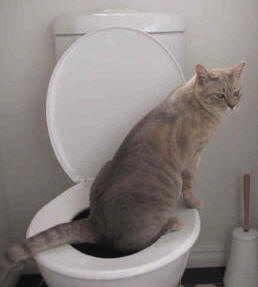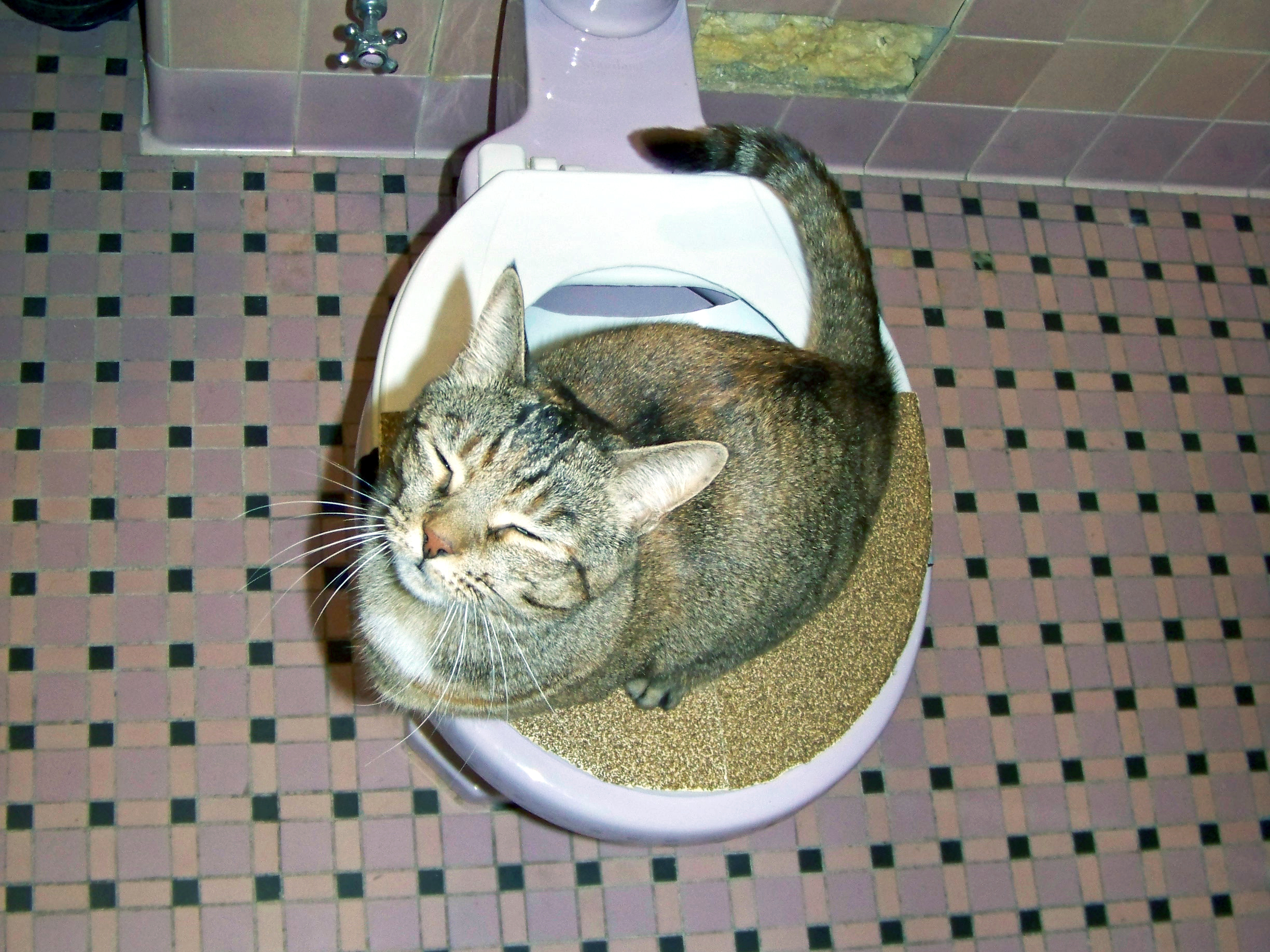Avoid Flush Cat Poop Down Your Toilet - Preserve Your Home's Plumbing Integrity
Avoid Flush Cat Poop Down Your Toilet - Preserve Your Home's Plumbing Integrity
Blog Article
In this article below you'll find a bunch of brilliant points with regards to How to Dispose of Cat Poop and Litter Without Plastic Bags.

Introduction
As pet cat proprietors, it's essential to bear in mind exactly how we deal with our feline close friends' waste. While it may seem hassle-free to flush pet cat poop down the toilet, this method can have detrimental repercussions for both the setting and human health.
Ecological Impact
Purging cat poop presents harmful pathogens and parasites right into the supply of water, posturing a considerable threat to water environments. These pollutants can adversely influence marine life and concession water high quality.
Wellness Risks
Along with ecological problems, purging feline waste can additionally posture health and wellness risks to humans. Feline feces might contain Toxoplasma gondii, a bloodsucker that can cause toxoplasmosis-- a possibly severe ailment, particularly for expectant females and people with weakened immune systems.
Alternatives to Flushing
Fortunately, there are safer and a lot more accountable ways to dispose of feline poop. Think about the complying with alternatives:
1. Scoop and Dispose in Trash
The most typical method of dealing with feline poop is to scoop it into an eco-friendly bag and toss it in the trash. Make certain to make use of a specialized litter inside story and dispose of the waste without delay.
2. Use Biodegradable Litter
Go with naturally degradable pet cat clutter made from materials such as corn or wheat. These trashes are eco-friendly and can be safely taken care of in the garbage.
3. Hide in the Yard
If you have a yard, think about hiding pet cat waste in a designated area away from vegetable gardens and water sources. Make sure to dig deep sufficient to prevent contamination of groundwater.
4. Mount a Pet Waste Disposal System
Purchase a pet waste disposal system especially made for cat waste. These systems utilize enzymes to break down the waste, reducing smell and environmental impact.
Final thought
Responsible animal possession extends past providing food and sanctuary-- it additionally entails correct waste monitoring. By avoiding flushing cat poop down the toilet and choosing different disposal methods, we can decrease our ecological footprint and secure human health and wellness.
Why You Should Never Flush Cat Poop Down the Toilet
A rose by any other name might smell as sweet, but not all poop is created equal. Toilets, and our sewage systems, are designed for human excrement, not animal waste. It might seem like it couldn’t hurt to toss cat feces into the loo, but it’s not a good idea to flush cat poop in the toilet.
First and foremost, assuming your cat uses a litter box, any waste is going to have litter on it. And even the smallest amount of litter can wreak havoc on plumbing.
Over time, small amounts build up, filling up your septic system. Most litter sold today is clumping; it is made from a type of clay that hardens when it gets wet. Ever tried to scrape old clumps from the bottom of a litter box? You know just how cement-hard it can get!
Now imagine just a small clump of that stuck in your pipes. A simple de-clogger like Drano isn’t going to cut it. And that means it’s going to cost you big time to fix it.
Parasitic Contamination
Believe it or not, your healthy kitty may be harboring a nasty parasite. Only cats excrete Toxoplasma in their feces. Yet it rarely causes serious health issues in the cats that are infected. Most people will be fine too if infected. Only pregnant women and people with compromised immune systems are at risk. (If you’ve ever heard how women who are expecting are excused from litter cleaning duty, Toxoplasma is why.)
But other animals may have a problem if infected with the parasite. And human water treatment systems aren’t designed to handle it. As a result, the systems don’t remove the parasite before discharging wastewater into local waterways. Fish, shellfish, and other marine life — otters in particular — are susceptible to toxoplasma. If exposed, most will end up with brain damage and many will die.
Depending on the species of fish, they may end up on someone’s fish hook and, ultimately on someone’s dinner plate. If that someone has a chronic illness, they’re at risk.
Skip the Toilet Training
We know there are folks out there who like to toilet train their cats. And we give them props, it takes a lot of work. But thanks to the toxoplasma, it’s not a good idea.

As a serious person who reads about Can You Flush Cat Poop Down The Toilet?, I assumed sharing that piece of content was a good idea. Sharing is caring. One never knows, you will be helping someone out. Many thanks for taking the time to read it.
Information Here Report this page